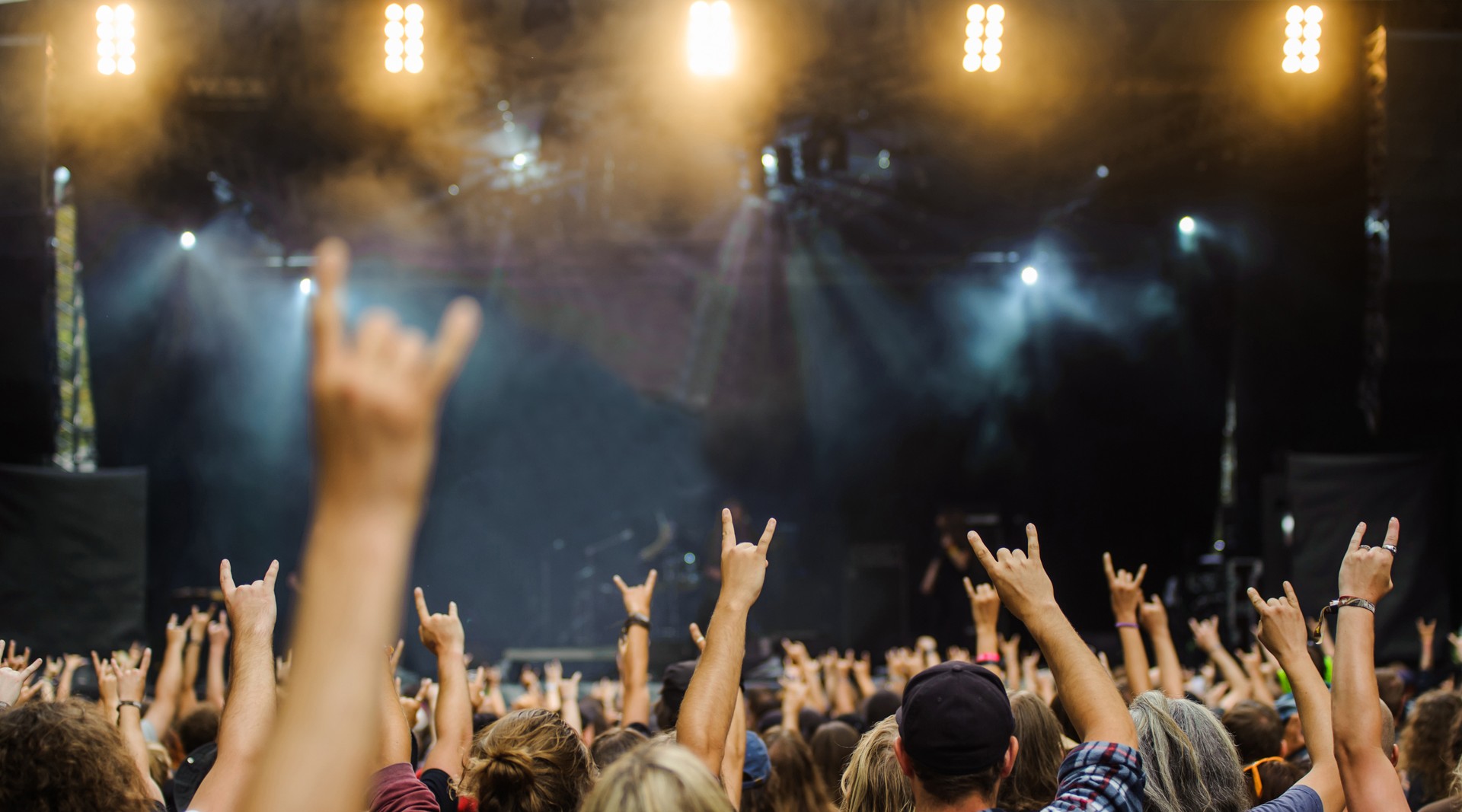
While some musicians are notorious for traveling the globe in private jets, a new study reveals that fans attending concerts generate significantly more carbon emissions overall. Pop icon Billie Eilish is among the artists actively working to change this dynamic by encouraging greener travel options for her audience.
For her upcoming "Hit Me Hard and Soft Tour," Billie Eilish is sending emails to ticket holders ahead of each show, urging them to opt for environmentally friendly transportation like public transit, biking or walking. In cities such as Phoenix and Los Angeles, her team has gone a step further—organising shuttle buses from designated locations to the concert venues to help reduce carbon emissions.
Eilish has also partnered with Google Maps to guide fans toward more fuel-efficient travel routes. These efforts are part of a broader collaboration with REVERB, a nonprofit organisation dedicated to making live music more sustainable.
According to REVERB’s latest survey, a staggering 94% of fans believe that artists, venues, organisers and attendees should all take “meaningful steps” to reduce their environmental impact.
Speaking to Rolling Stone, Eilish highlighted the importance of collective action: "Artists, venues, and fans all need to work together to improve our environment,” Eilish tellsRolling Stonein a statement.
“From solar-powered live shows to more sustainable touring, my team is always looking for ways to help the planet. I have the greatest fans in the world, and I hope this study will be a helpful resource for those looking to learn more about transportation options that cut down on pollution and build a better future for live music.”
REVERB, founded in 2004, has worked with major artists including Dave Matthews Band, Dead & Company, Tyler Childers, My Morning Jacket, Odesza, The Lumineers, Paramore, and Fleetwood Mac. Their mission focuses on waste reduction and fan engagement.
Key sustainability practices include:
In 2023, Eilish performed a partial solar-powered set at Lollapalooza, in collaboration with REVERB’s Music Decarbonization Project.
REVERB’s new research, which surveyed 35,000 fans across more than 400 concerts, found that audience travel emissions equate to the annual energy use of 110 homes, totalling 527 metric tons of carbon per show.
The study also revealed:
Fan responses point to several possible improvements:
REVERB’s Director of Impact Madeline Weir told Rolling Stone: “It’s one of these things where before this study, people always kind of knew that fan travel was the most emissions intensive, or the biggest opportunity for emissions reduction… but we haven’t ever put data to it, so this is the first time that we’re actually doing that as an industry.”
REVERB co-founder Adam Gardner believes the key lies in informing fans, offering incentives, and working with local transit authorities.
“Small but effective changes—like priority parking for carpools—can be the first steps,” he said. “Our goal is to give people real reasons to change, and the tools to do it.”